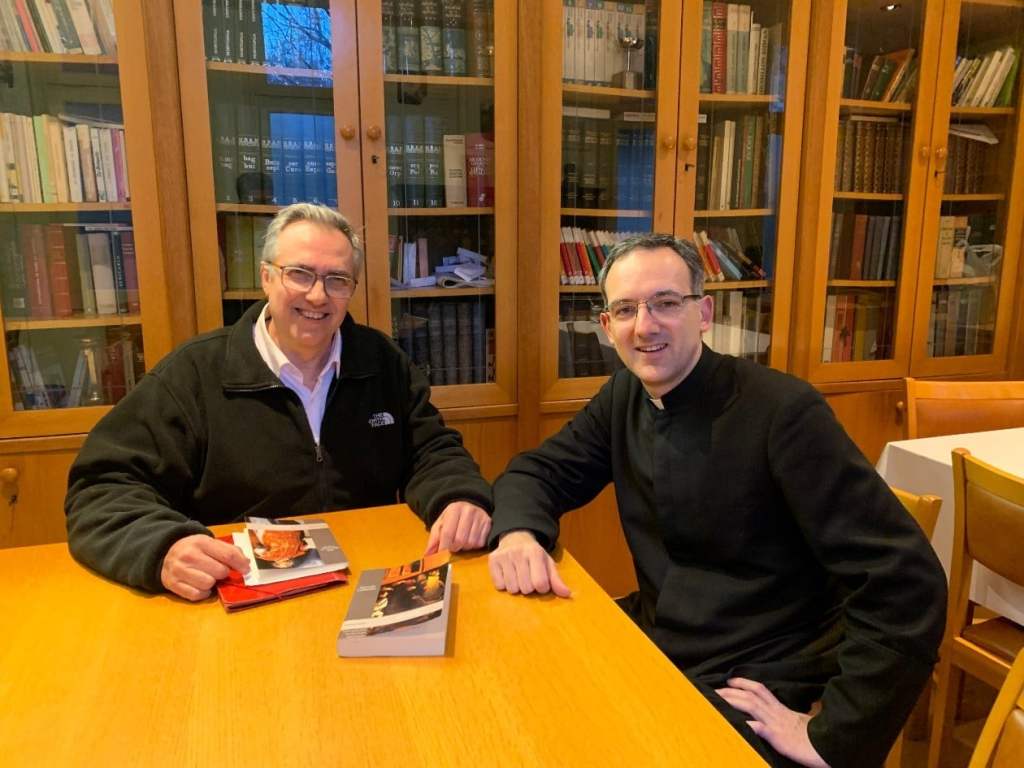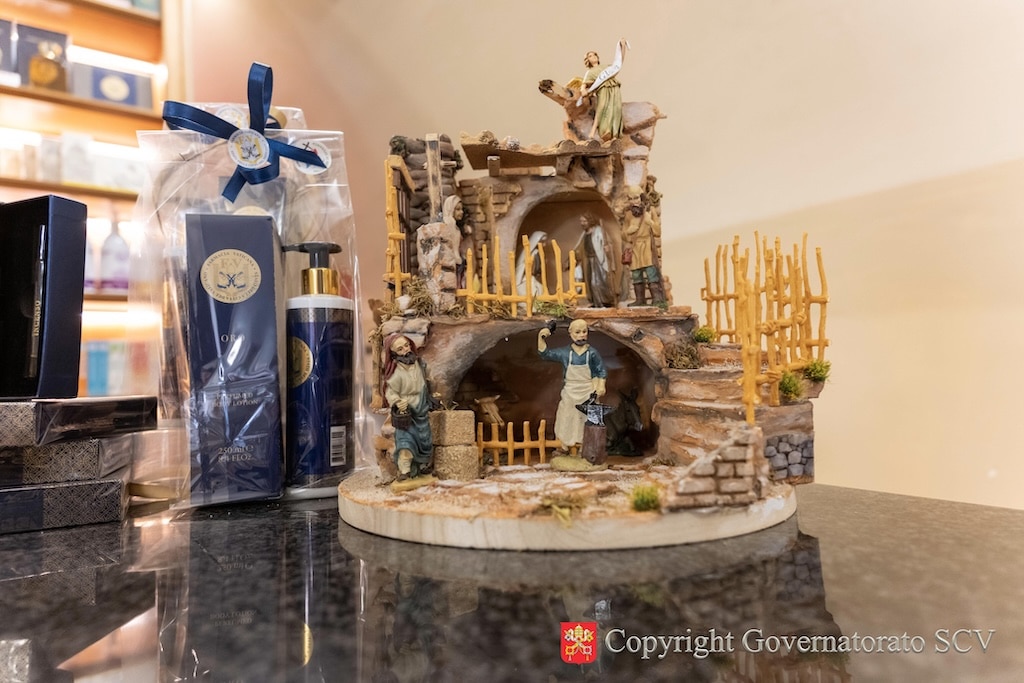INTERVIEW: Patriarch Pizzaballa: Holy Land Violence Motivated by Short Term Political Calculations
Day After Pope's Appeal, Exclusive Interview With Latin Patriarch of Jerusalem About Dramatic Events

We need courageous leadership, as this violence “is motivated only by short-term political calculations,” insists Patriarch Pierbattista Pizzaballa of Jerusalem.
In an exclusive interview with Exaudi following the Pope’s dramatic appeal, the Patriarch of Jerusalem reflected on the traumatic events plaguing the Holy Land following the last violent outbreak.
After the Regina Coeli address yesterday, Pope Francis warned the violent armed clashes in Israel and the Gaza Strip “are in danger of escalating into a spiral of death and destruction.” Decrying innocent lives lost, especially of children, as “terrible and unacceptable,” he appealed to responsible parties, and to the International Community, “to put an end to the clamor of weapons and to walk the paths of peace.”
Pope Francis visited the Holy Land in May 2014, and by June 8th, made a historic gesture, where the Pope, then-Israeli President Shimon Peres and Palestinian President Mahmoud Abbas, made a joint invocation for peace in the region, planting a tree for peace in the Vatican Gardens.
Here is Patriarch Pizzaballa’s conversation with Exaudi’s Deborah Castellano Lubov:
***
EXAUDI: Patriarch Pizzaballa, how do you feel seeing the images of the violence in the Holy Land circulate the globe? Pope Francis again yesterday, following the Regina Coeli, made a dramatic appeal for the Holy Land…
LATIN PATRIARCH OF JERUSALEM PIERBATTISTA PIZZABALLA: I feel dejection and grief, certainly. Dejection because, unfortunately, it’s not the first time that we witness these flare-ups of violence and war. And we already know that they won’t be able to bring any change, It’s a violence that is motivated only by short-term political calculations. It will leave many dead and much ruin on the terrain. Grief, because once again it seems we haven’t learned the lesson: we are unable to go beyond our perspective, our grief, without noticing that of the other. Each one sees only his suffering and his own point of view.
However, we must not give up hope. As long as there are people wanting peace, we will have those with whom to share our journey.
EXAUDI: How would you describe the present situation in the Holy Land? What is the security situation there currently?
PATRIARCH PIZZABALLA: I believe the media has already presented the situation. On one hand there are the rockets fired from Gaza, which have caused damage and deaths. On the other, there are the Israeli retaliations on Gaza, which have caused hundreds of dead, among them children and minors — an appalling tragedy.
The novelty lies also in the internal revolts in Israel, in the mixed cities, made up of Arabs and Jews. We have witnessed violence from both sides, organized roundups, lynching attempts… an explosion of hatred and rejection of the other, which probably had been brewing for some time and that now has emerged violently. Much time will be needed to heal the spirit of the two sides.
EXAUDI: The Holy See has always upheld the solution, known as “two people, two States,” for obtaining peace in the Holy Land. Today this solution seems more remote than ever. However, in your opinion, is there another solution to obtain peace?
PATRIARCH PIZZABALLA: I don’t think there are other solutions. We certainly don’t believe that this solution can be easily realized at this moment. But the violence of these days also shows the determination of the Palestinians to have a homeland. They will never renounce what they feel is their right to have a determination in their own future.
EXAUDI: And how can the question of Jerusalem be resolved? This wave of violence also started by a controversy regarding the division of Jerusalem in two parts.
PATRIARCH PIZZABALLA: The problems have been well known for a long time, and the libraries are full of plans and proposals for a possible solution. It’s only necessary to truly want to find a solution and to stop believing that a future can be built for the city by imposing solutions that, instead, could and must be shared. A way must be found where all believers of the Holy City are equal citizens, guaranteed and respected and that they feel themselves an integral and constitutive part of the soul of the city and not just guests.
EXAUDI: The question of violence and peace in the Holy Land concerns the leadership of Israel and the Palestinian Territories. In your opinion, what change of mentality is necessary to start a peace process?
PATRIARCH PIZZABALLA: The first thing is that they have to recognize one another’s existence and so talk to each other; something that at this moment is not happening. We need a courageous political leadership, that has vision and that truly wants to change and promote peace. If this is stressed, the rest will come by itself. They are changes that require a long time and tenacity. But in any case, they must begin.
Related

It is not I, it is Christ in me
Albert Cortina
15 February, 2026
34 min

A Rebel Nun Who Escaped for Love: The Story of Mother Olga Maria of the Redeemer
Se Buscan Rebeldes
12 February, 2026
4 min

Pedro del Castillo: “Those who choose family can never go wrong”
Se Buscan Rebeldes
04 February, 2026
4 min

From Medicine to Human Encounter
Exaudi Staff
14 January, 2026
5 min
 (EN)
(EN)
 (ES)
(ES)
 (IT)
(IT)

